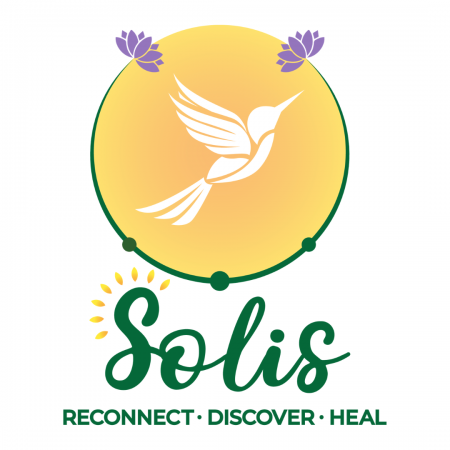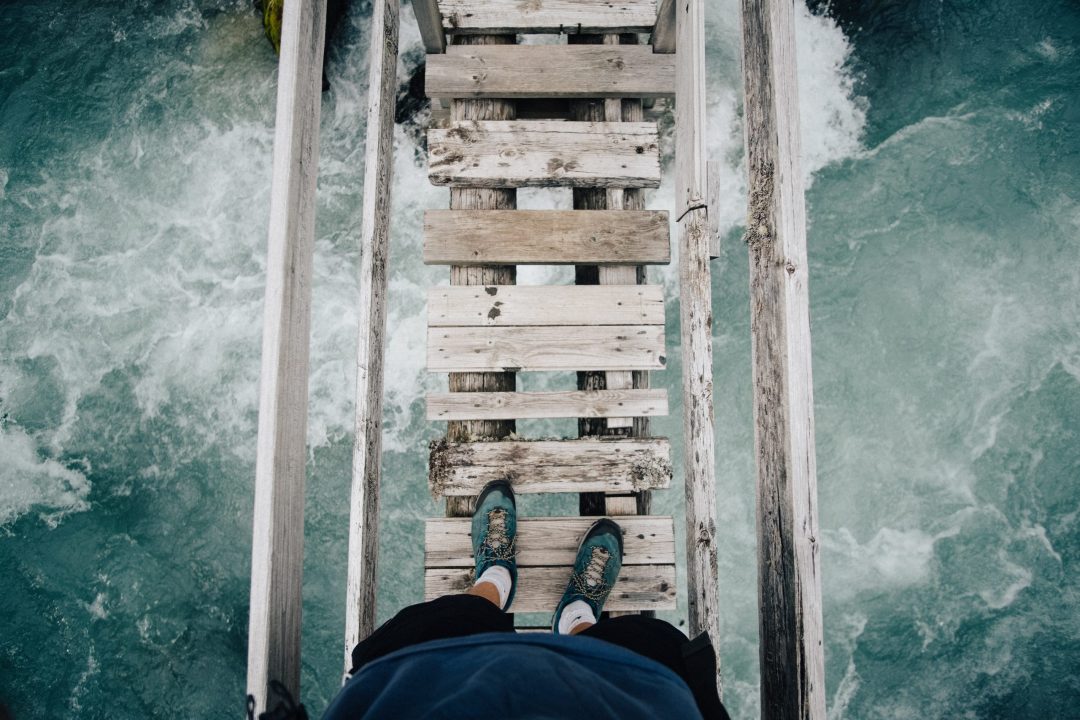Fear plays such a role in our lives. It influences our development as kids, it impacts how we behave in and perceive the world around us as adolescents, and it can prevent us from living the life we dream of as adults.
Fear begins as a practical emotion. It helps to protect us from doing things that will jeopardize our survival, like running across the road without looking or deciding it’s maybe not the best idea to climb that giant tree. But it’s an emotion that can seep so easily out of the practical and into other areas of our lives, and that’s where it can erode our self-esteem, our self-confidence, and our belief in ourselves.
“You have cancer” is just about the scariest thing you can hear when it comes to your health. I know the first thing I felt was that rush of dread, that fear that starts tingling in the bottom of your stomach and washes up and over you, engulfing you and obscuring everything else. It’s like flying over a bump on the highway, but times a thousand and way less fun.
Our instinct when we are feeling this way is to try to do whatever we can to stop feeling this way, to do whatever it takes to assuage that fear and to regain a little sense of our control over the situation, and the first step that most people turn to is to see a conventional oncologist. Conventional medicine is amazing. What can be accomplished these days is truly incredible, and I very much appreciate the options that were available to me from this world of medicine. There is no denying though that western medicine is much better at emergency care than healing chronic illness; if I’m in a car accident, absolutely take me to the hospital and not my naturopath. But when cancer showed up very unceremoniously in my life, something in my gut was telling me that chemo, rads, and surgery were not the only things I could do.
One of my biggest pet peeves (that may be diminishing it a bit lol) with conventional cancer care is how disempowering it is to patients. The doctors can be extremely compassionate and genuinely want to help you, but the system treats us a bit like children. It is not uncommon to feel like we are completely helpless, just waiting for the next appointment to be told exactly what we do next. And while there can be a certain comfort in that, it most definitely is a breeding ground for fear.
When we don’t fully understand our diagnosis, our treatment options, or what the numbers are truly telling us, we can feel desperately confused and fearful of the diagnosis itself and what to do about it. When we don’t understand the disease, how it progresses, and what we can do to reverse it, it feels like a death sentence. I so wish that we had a medical system that sought to understand this itself and then empowered its patients with this knowledge about the root causes of disease and integrative, active paths to healing. Instead, it prefers that we unquestioningly follow the same prescriptive path that each person has taken ahead of us with no consideration of our unique body and then just keep our fingers crossed that we don’t have to walk it again a few years down the line.
Many things on this path are helpful and I did a number of them myself, but they are an ice cube on the tip of the cancer care iceberg; there is SO much that we can combine with these things and even more that we can do after treatment to reduce our risk of recurrence, but as things stand right now, we have to go diving for that information ourselves.
As much work as it can be to choose to be an active patient versus a passive patient, so many beautiful things have come out of that for me. Motivation, confidence, gratitude, perspective shifts, a much deeper understanding of myself and my abilities, the realization I didn’t believe myself worthy of love just the way I was, and then the subsequent development of a belief in my own worthiness. One of the most helpful things however has been this lesson: the more you do in life, the more you go through and overcome, the less you fear. And when fear is diminished? Oh, there is just so much more space for better things to take its place. The less you fear, the better you feel and the more you do, and then you fear even less. And so it becomes a virtuous cycle.
I will leave it here for now, but check out part 2 for my exploration of how fearing less affects our cancer experience and ourselves, especially when moving into life after cancer.
Happy Healing ❤️




Looking forward to the next chapter
Happy it resonated with you 🙂 It’s coming next week!